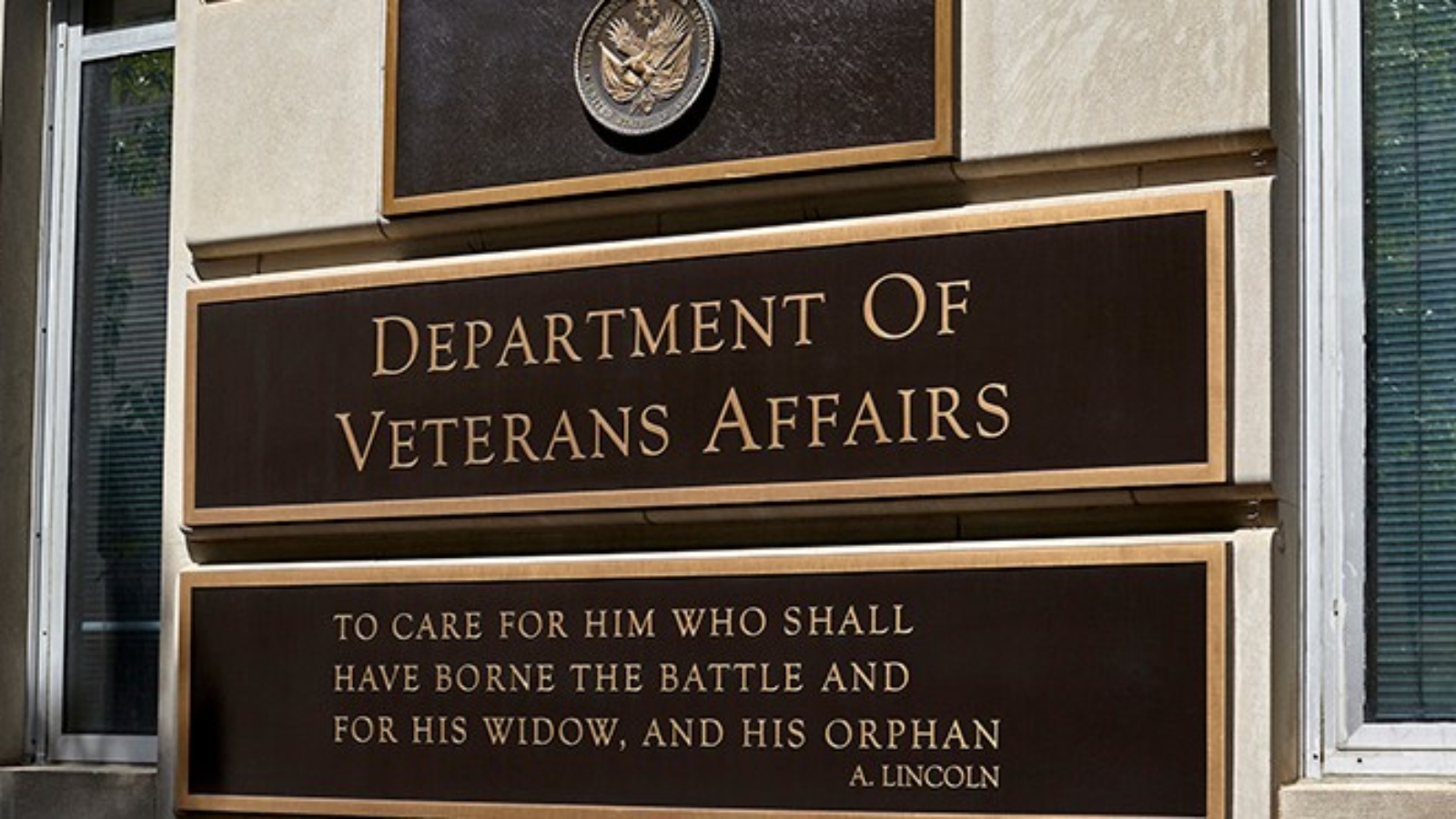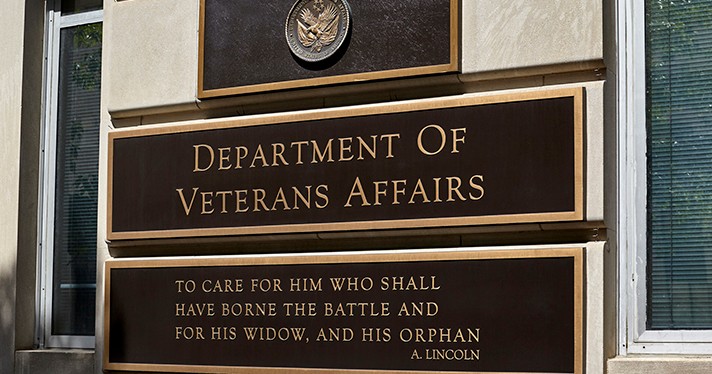The Veterans Health Administration signed a contract with 3D Systems in South Carolina to build a manufacturing facility in its hospital to produce medical equipment.
3D Systems announced in a press release this week that the partnership will allow VA Networks to simplify its supply chain and enhance personalized care for patients.
“Through this collaboration, 3D Systems will not only be installing 3D printers at the VHA sites, but we’ll also be helping them install a quality management system that includes the processes, documentation, and training required to be compliant as a medical device manufacturer,” said Ben Johnson, director product development, healthcare, at 3D Systems, in a statement.
Why it matters
According to the company, 3D Systems will work with VA to design medical devices and introduce them through the US Food and Drug Administration’s approval process. First, 3D Systems will manage the development of regulatory documents and quality management systems for VHA facilities.
Eventually, VHA will take over the entire process.
Johnson said: “In a highly regulated environment such as healthcare, technology is only a small part of the solution.” He said compliance with regulations is also crucial.
In the early days of the COVID-19 pandemic, 3D Systems worked with VHA to develop masks and nasopharyngeal swabs that could be printed on production-grade equipment. This is an extension of the partnership.
Menno Ellis, executive vice president of 3D Systems Healthcare Solutions, said in a statement: “During the flu pandemic, what began in response to urgent needs has expanded and changed the way healthcare is provided.”
Trend
In response to the supply chain problems caused by the COVID-19 crisis, other medical systems also turned to 3D printing earlier this year.
Researchers at Duke University collaborated with the nearby University of North Carolina at Chapel Hill to print reusable masks and distribute them to Duke University and the UNC Health System.
But even before the pandemic, Virginia leaders expressed optimism about the potential of 3D printing. VA Chief Modernization Officer Surafeal Asgedom wrote in an article in Healthcare IT News: “This rapidly evolving technology is improving preoperative planning, customizing custom prostheses, designing tools for the disabled, and even building organs and bones.”
“By testing and implementing emerging technologies, VA can ensure that veterans receive the care they deserve,” Asgedom added.
On the record
Ellis said: “This is a unique collaboration between an additive manufacturing solution provider and one of the world’s largest integrated healthcare systems to accelerate innovation in the production and deployment of medical devices.”



Leave A Comment